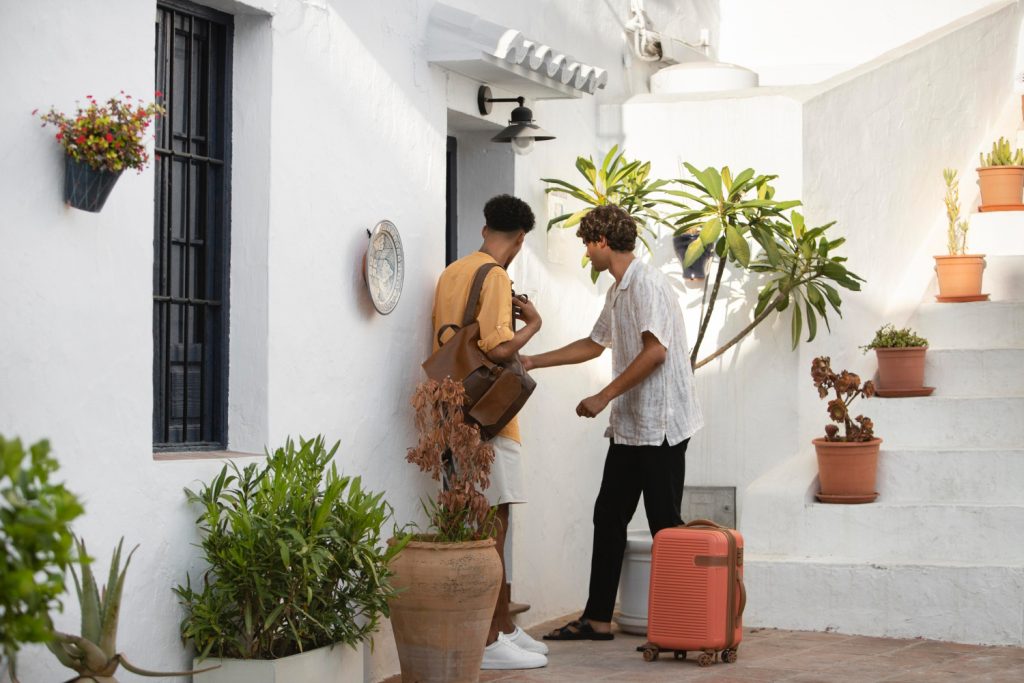
Airbnb has been a Wall Street darling since its blockbuster initial public offering (IPO) in December 2020. The company’s highest market capitalization reached $100 billion shortly after its IPO, thus attracting many significant investors. Despite posting negative compound annual growth rates over the last five years, Airbnb is still the undisputed leader of the global short-term rental market with 491 million bookings reported in 2024.
Beyond its status as a company with a widely traded stock, Airbnb often makes news headlines with reports of accidents, incidents, and mishaps that highlight the many liability issues that can arise from short-term rental transactions. In April 2025, for example, a British woman agreed to receive a substantial settlement from the company to compensate for the extensive injuries she suffered while staying at a short-term rental in Florida. The claimant slipped and fell in the kitchen of the efficiency apartment, dislocating her left knee and blocking an artery, resulting in an amputation. She argued that Airbnb neglected to check the condition of the non-slip mat placed on the kitchen floor.
With the above in mind, it is important for Airbnb hosts and guests to understand how liability works before listing their properties or booking a short-term rental.
What You Should Know About Short-Term Rentals and Liability Insurance
When booking through Airbnb, you expect a safe stay; however, we know that accidents can happen anytime, particularly when the company manages over 400 million annual bookings. When Airbnb guests in the United States are injured, they may qualify to pursue a civil claim through the legal concept of premises liability. The questions at the heart of the claim should address whether Airbnb and the host were liable; in other words, if the injury was caused or exacerbated through action, misrepresentation, or neglect.
Homeowner’s insurance (HOI) should be the first line of legal protection in Airbnb accidents. The company should only allow hosts whose HOI policies feature adequate premises liability clauses. To this effect, the coverage extended by most American HOI providers includes the most common Airbnb accidents, which run from falls to allergic reactions, burns, defective furniture, scalding, dog bites, carbon monoxide poisoning, and many others.
Premises liability clauses have limits. When claims filed by guests exceed the HOI limit, Airbnb steps in with AirCover, a host liability protection program. AirCover provides $1 million worth of coverage; it is designed to protect hosts and anyone who helps them, such as co-hosts, cleaners, concierges, and property managers. The goal of the program is to prevent being held legally responsible for a guest’s bodily injury.
As a guest, you should know that AirCover can extend beyond your host’s property to include common areas of a building; for example, lobbies, swimming pools, and shared amenities in a condominium.
Seeking Compensation for Airbnb Injuries
When dealing with HOI providers and Airbnb after an accident, it is important to remember that they will often vigorously protect against claims. You can seek compensation for medical expenses, lost wages, pain, suffering, and emotional distress. Many small claims are quickly adjusted and processed, particularly in clear-cut situations that do not approximate the coverage limit.
If you are injured while staying in an Airbnb property, you should promptly seek medical attention and document the accident. You should also contact your host and Airbnb to provide reports and initiate the claims process. Let’s say you twisted an ankle after sliding on a floor drenched from a plumbing leak; if the medical bills are for $2,000 and you don’t have medical insurance coverage, the claim should be filed through Airbnb.
Whether the company will collect from the host’s HOI coverage or through AirCover is immaterial; if there is opposition to your claim, or if the adjustment is not favorable, you should contact a personal injury law firm to explore your legal options.